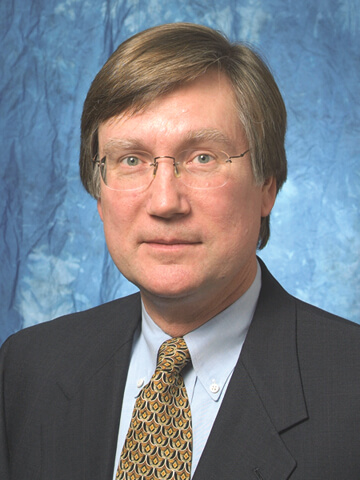The First Amendment’s Role in Broadcast and Online Regulation


David Oxenford
By: David Oxenford,
Wilkinson Barker Knauer LLP
Everyone knows that a fundamental principle of American democracy is the First Amendment – guaranteeing many freedoms to US citizens including freedom of the press and freedom of speech. It is one of those concepts that underlies our society, but is often mentioned only in passing, and rarely considered in practice. Few people – even broadcasters and other media companies – have cause to think about First Amendment principles in their day-to-day operations. The concepts embodied by the First Amendment are almost a given – except when they are not.
In our politically polarized society, there are more and more arguments made about regulation of speech in various contexts – often made without significant consideration of those First Amendment principles. On the broadcast side, we have seen Commissioner Carr react to two cases where the FCC has seemingly been called on to regulate the speech (or anticipated speech) of broadcasters. One case involved a call to deny the sale of a broadcast station allegedly based on a perceived change in the political orientation of its programming from liberal to conservative (see the Carr statement here), and another calling for the FCC to investigate a TV station in Baltimore for allegedly being too focused on investigations into a local government official (see the Carr statement here and an NAB statement also weighing in on the controversy here). While there may well be issues in each case that go beyond the question of the proposed speech of the broadcasters involved, the issue of whether the FCC can get involved in the regulation of political positions taken by broadcasters is one that is addressed both by the Communications Act and past FCC precedent.
We have written many times about how the FCC is restricted by the First Amendment and Section 326 of the Communications Act from regulating the speech of broadcasters. Section 326 states:
Nothing in this chapter shall be understood or construed to give the Commission the power of censorship over the radio communications or signals transmitted by any radio station, and no regulation or condition shall be promulgated or fixed by the Commission which shall interfere with the right of free speech by means of radio communication.
The FCC has weighed the impact of the First Amendment and Section 326 in numerous cases and found that these principles keep it out of content regulation (with certain limited exceptions, such as indecency and obscenity). This hands-off policy has been a consistent theme through the FCC’s decisions in a variety of areas. See, for instance our article last year regarding the FCC’s denial of a complaint about stations airing President Trump’s news conferences that allegedly contained false information that violated the broadcast hoax rule; our article here on the FCC’s reluctance to get involved in assessing the truth of attacks made in political ads; our articles here and here on the FCC’s policy that it does not regulate the format of broadcast stations; the FCC’s decision to end enforcement of the Fairness Doctrine (see our article here); its denial of previous requests that it penalize a licensee for allegedly airing fake news reports (see our article here); and its decisions to not substitute its judgement for that of the licensee in cases where the FCC was asked to deny renewal applications based on a petitioner’s assessment that the programming selected by the licensee did not best serve the public interest (see our article here).
This consistent position keeps the FCC out of regulating the political speech of broadcasters. But these same issues are now being raised by both liberals and conservatives in the context of regulating online speech. We have seen calls for the regulation of Internet platforms that do not limit the speech of some individuals (see, for instance, the controversy last week around the continued ban of former President Trump on Facebook), as well as calls from others to forbid these platforms from blocking individuals, particularly where these platforms provide access to some but not all candidates for political office. Because online platforms are private companies with their own free speech rights, including the right not to be associated with certain speech of others or with hate speech, it is not necessarily the same analysis as content regulation by government actors. The First Amendment generally will not apply to the decisions of private online platforms in the same way that it does to government actors, like the FCC, which generally are barred from injecting themselves into content decisions. But there are still calls for online regulation of these platforms – and we will delve into some of those arguments and their implications for the First Amendment in an article to be published in the near future.
David Oxenford is MAB’s Washington Legal Counsel and provides members with answers to their legal questions with the MAB Legal Hotline. Access information here. (Members only access).
There are no additional costs for the call; the advice is free as part of your MAB membership.
